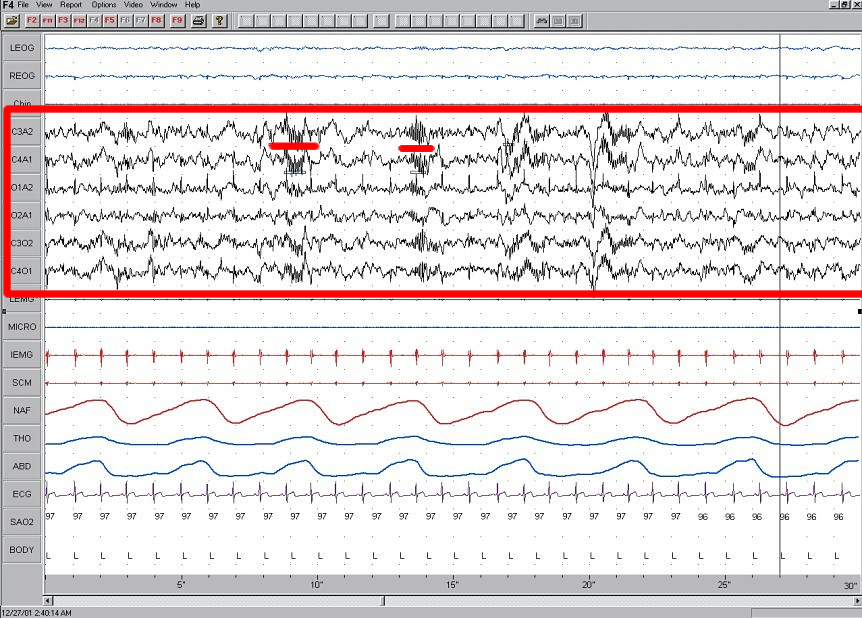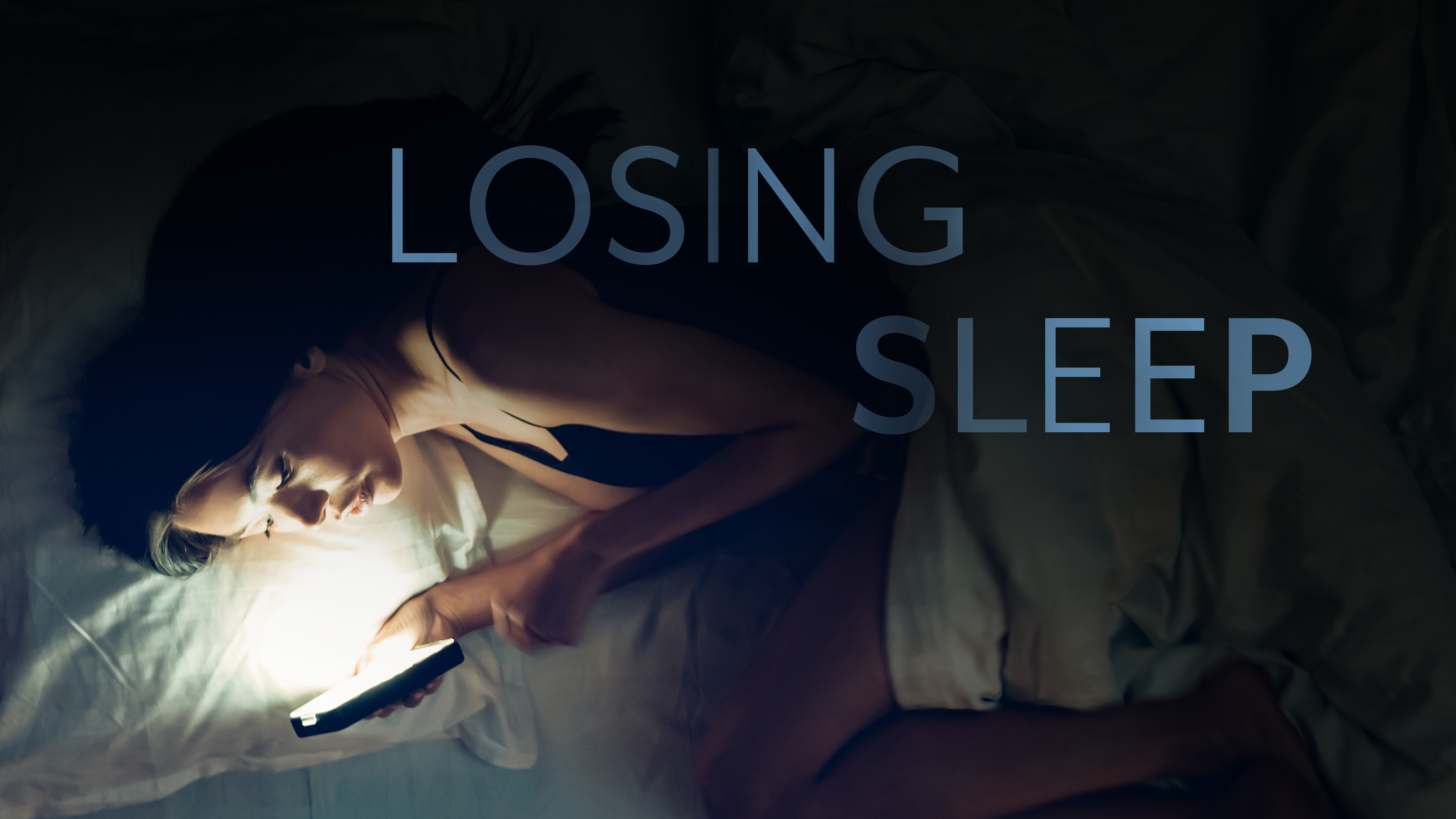We all know that a sleepless night leaves us feeling terrible, but how does that full eight hours of healthy slumber actually make a difference?
◊
Sleep can take many different forms. It can be dreamless or full of vivid dreams, it can be high or low quality, it can be deep and near-paralyzing or light and easily disturbed. But no matter what, all humans need it. Most of us know that, generally, public health officials recommend seven to nine hours of nightly sleep for adults. And, regardless of official guidance, most people can tell you that less than that just doesn’t feel good. But why do we need sleep so badly? What exactly is it doing for us, and what happens when we don’t get enough?
Find out how a poor night's rest can affect your health in this eye-opening documentary from MagellanTV.
Memory Consolidation: Sleep and the Brain
Most students who have tried to take an exam after an all-nighter know that sleep plays an important role in memory. A sleep stage called NREM2, with its sleep spindles and K-complexes, plays a particularly central role in the consolidation and “saving” of all the most significant memories from the prior day.
“Sleep spindles” are a special kind of brainwave, representing rushes of brain activity, that happen only during NREM2. Research has found that more sleep spindles are correlated with a stronger connection between the hippocampus – the part of the brain that deals with learning and memory – and the prefrontal cortex, the “seat of consciousness.” This connection essentially facilitates the “transferring” of memories from short-term to long-term storage. Sleep thus solidifies important memories from the day prior.

Sleep spindles highlighted by red lines within the red EEG box (Credit: MrSandman, via Wikimedia Commons)
Beyond NREM2’s consolidation and retention of memories, though, the REM stage of sleep (“REM” standing for the “rapid eye movement” that is its signature!) can also affect memories. Through dreaming, memories and impressions from the day before can be brought together in unexpected and imaginative ways – giving a major boost to creativity and problem-solving.
Emotional Regulation: Sleep and the Heart
Beyond memory, sleep also has major impacts on our emotional well-being. You may already know that sleep deprivation has been strongly linked with poor mental health. Depression, in particular, is strongly associated with inadequate sleep (and the relationship is reciprocal!). But sleep also affects our ability to properly process and respond to emotions, especially difficult ones.
According to a 2020 study, “Sleep problems and sleep deprivation are associated with a decrease of functional emotion regulating behavior and impaired emotion generation, and prolonged sleep enhances better mood and affect states, positive emotion expression, and faster sensory processing in response to emotional stimuli.” So if you’re ever feeling particularly anxious or irritable after a restless night of sleep, now you know why!
Interestingly, part of this emotional benefit might result from dreaming. REM sleep is the stage during which we dream, but it’s also the only time norepinephrine (the brain’s equivalent of the hormone adrenaline) is inactive in the brain. So while we may replay stressful events from the prior day as we dream, we don’t respond in the same way. Instead of locking into fight-or-flight mode, we simply experience the events of the dream, undaunted. Thus, in dreaming, we learn to resolve and move past stressful experiences – a kind of natural, no-risk exposure therapy.

(Credit: Klaudia Rak, via Pexels)
Physical Rejuvenation: Sleep and the Body
Finally, a good night’s sleep also plays a crucial role in helping the body recover after a long day, and in rejuvenating it for the next. Plenty of athletes could tell you about the importance of sleep for peak performance: Almost all metrics of physical fitness decrease significantly after less than eight hours of sleep. This is perhaps unsurprising, given that sleep facilitates the repair of our muscles, renews cellular energy stores, and quickens recovery from physical exertion-triggered inflammation.
Far beyond just maintaining beauty and combating fatigue, sleep is the cornerstone of our overall well-being. It’s the one thing we all can do to benefit our physical, emotional, and intellectual health, all at once.
Ω
Title Image credit: Adobe Stock


